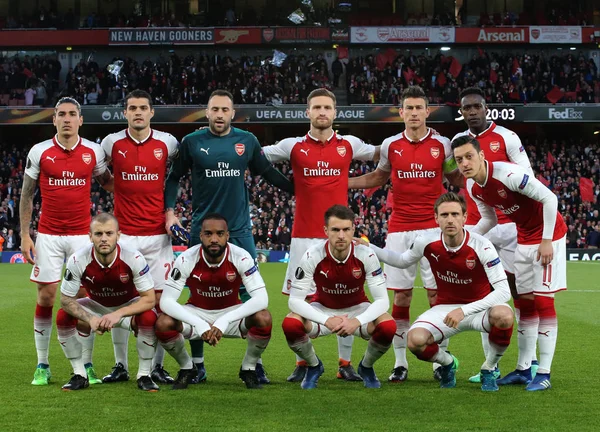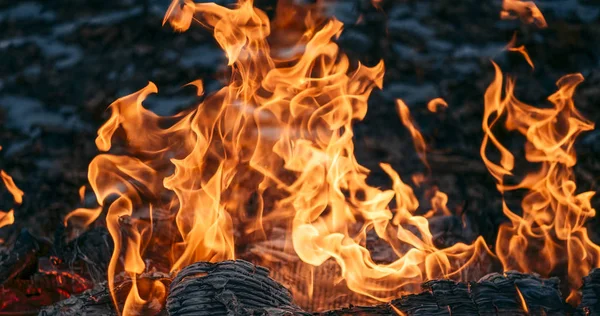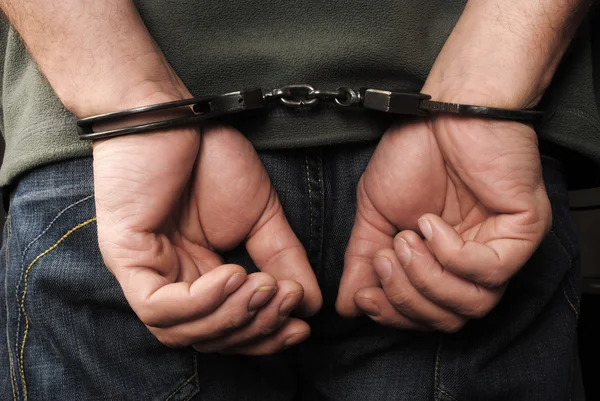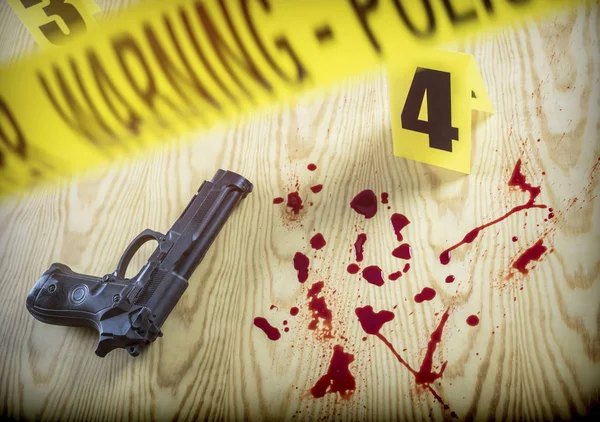South Sudan on the Edge: Peace Crumbles Amid Arrests and Armed Clashes

South Sudan, the world’s youngest nation, is facing a major political crisis that threatens to unravel a peace deal which ended years of civil war. The recent arrest of opposition leader Riek Machar, who also serves as one of the country’s five vice presidents, has sparked fears of renewed violence. His party, the SPLM/A-IO, claims the detention marks the collapse of the fragile agreement signed with President Salva Kiir in 2018.
The coalition government, formed through a power-sharing pact after a brutal five-year conflict, was meant to bridge the ethnic divide between Kiir’s Dinka tribe and Machar’s Nuer community. However, tensions have surged following Machar’s arrest and the arrival of Ugandan troops, invited by Kiir to support military efforts against a local Nuer militia known as the White Army. The opposition labeled the move as foreign military aggression targeting civilians.
In a letter to the United Nations, Machar condemned Uganda’s involvement as a violation of the peace deal. Meanwhile, violent clashes in the town of Nasir between government forces and the White Army have killed dozens, according to local reports. Authorities blame Machar for inciting the militia to overrun a military base and attack a UN helicopter — allegations denied by the White Army, which insists it has no affiliation with Machar.
The United Nations has expressed deep concern, warning that the country is moving dangerously close to another civil war. UN Secretary-General António Guterres stated the peace agreement is “in shambles” and urged all parties to de-escalate the situation. UN spokesperson Stéphane Dujarric added that the unrest is pushing the nation “one step closer to collapse.”
The international community has responded swiftly. In a joint statement, the United States, United Kingdom, European Union, and other Western nations called on President Kiir to release Machar and restore peace. The US and British embassies have urged their citizens to evacuate South Sudan immediately, signaling the growing instability in the country.
Efforts to mediate the crisis are underway. The African Union plans to send a delegation to the capital, Juba, in an attempt to calm tensions. Kenya has also stepped in, with President William Ruto dispatching an envoy who met with Kiir. After the meeting, Kenyan leader Raila Odinga voiced cautious optimism about reaching a peaceful resolution and pledged to engage regional leaders in finding a path forward.
Despite being rich in oil resources, South Sudan remains deeply impoverished. According to World Bank reports, more than two-thirds of the population live on less than $2.15 a day. Violence, political instability, and poor governance continue to drive humanitarian needs. The UN Refugee Agency notes that South Sudan, amid its own turmoil, still hosts over half a million refugees from neighboring conflict zones — a burden that further strains its already fragile infrastructure.
What's Your Reaction?









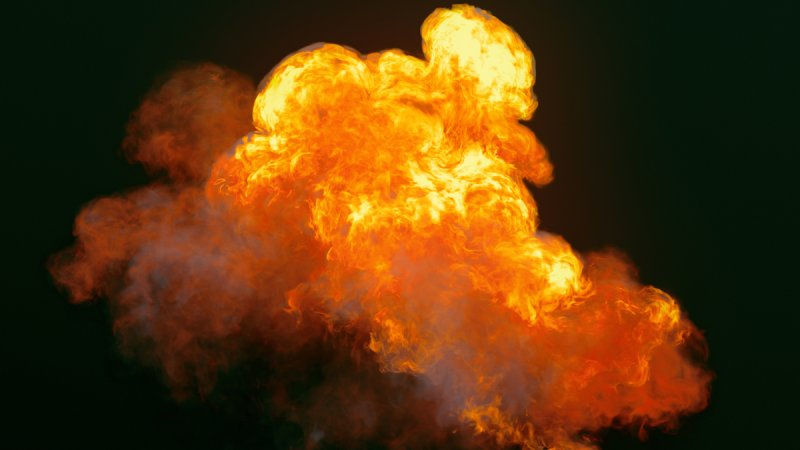
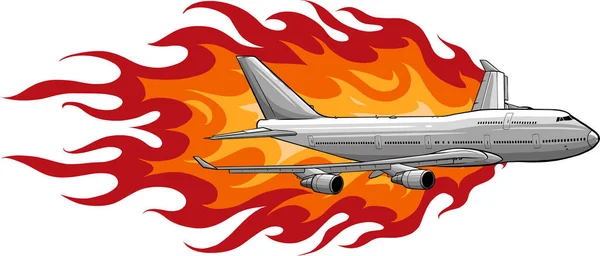


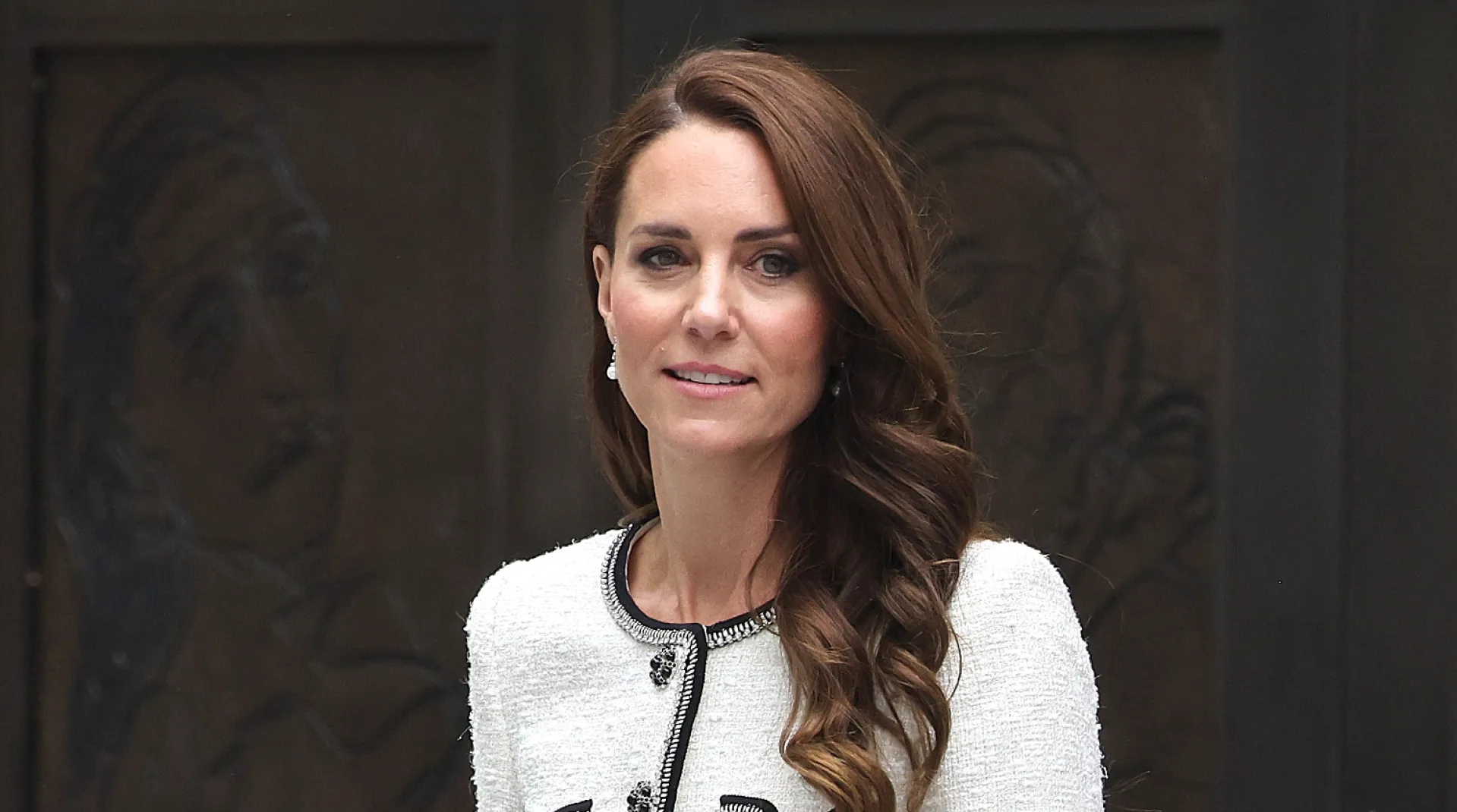


:format(webp)/cdn.vox-cdn.com/uploads/chorus_image/image/70136881/1347078605.0.jpg)

